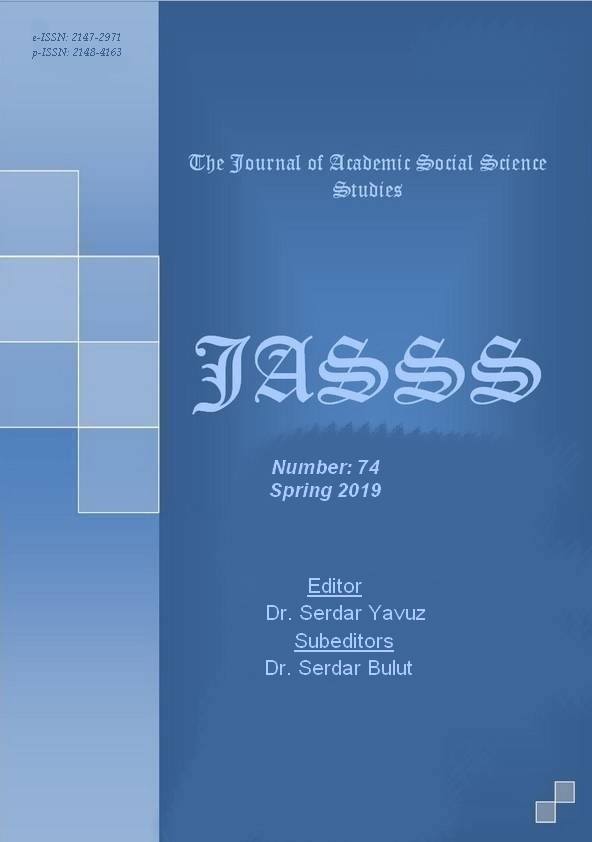Author :
Abstract
Heidegger’in varlık kavramının anlamına, formel yapısına dair soru sormasının özelliği, Parmenides’in sanılar (doxa) ve hakikat (alethia) üzerine sorduğu sorularla başlayıp felsefe tarihi boyunca verilen cevapların sonucu oluşan önyargılardan arınma yöntemlerinden biridir. Heidegger’in soru sorma minvali, yine de Parmenides’in varlık üzerine sorduğu sorularından kaynaklanan sorunun bir yanıtıdır bir anlamda. Yani düşünce, empirik deneyden bağımsız olarak evrensel manada objektif hakikate ulaşmayı sağlayabilir mi? Sorusu bağlamında varlık kavramının anlayış(lar)ıyla kavuşmasıdır. Platon ve Yeni-Platoncuların varlık ve hakikat üzerine öğretilerini etkileyip bütün Batı felsefi geleneğini aşılayan Parmenides’in bu tezini Heidegger, soru sormanın “doğru soru sorma" olduğu üzerinde durarak değişime uğratsa da, meselenin özü (veya doğru sorunun yanıtı) olarak düşünce, ne kadar açık ve net göz önüne getirilip ve yazıya dökülüp maddeleştirilirse, öznel deneyim, öznelliğin dışındaki kimi fazlalığı kendinde içeren bir objektifliği temsil etmeye başlar. Bu durumda ise varlık ile düşünme bir ve aynıdır. Bu araştırmada varlık sorusunun biçiminin, soru sormanın temeli olarak yanıtıyla aynı anı oluşturan şu anki buradaki veya “İşte varlık”ı veya onların birbirini “tekrarlamayan” “İşte varlık”ların zincirlemesi olduğu meselesi ele alınmaktadır.
Keywords
Abstract
The peculiarity of Heidegger’s development of the issue about the “formal structure of the question of entity” and its clarity derives essentially from his awareness of the need to get rid of prejudices that took shape throughout the history of philosophy on the basis of approaches to the interpretation of being, which originated from the question posed by Parmenidis about the assumptions (doxa) and truth (alethia). Heidegger’s elaboration on the question and asking a question in essence is also in some way an answer to the question about being posed by Parmenides. For the purpose of self-justification of philosophy, there becomes crucial an issue of whether thinking, regardless of empirical experience, can ensure the achievement of an objective, generally valid truth. The thesis of Parmenides, which derives being from the necessary truth of the thought of being, becomes such a justification and acts as one of the fundamental ideas that bind together thinking and being. The essence of this thesis is that thought clearly presented by a man is more than just a subjective experience, it contains some objectivity and therefore being and thinking are one and the same. The idea that influenced the teachings of Plato and the Neo-Platonists on being and truth, and through them on the whole European tradition, was transformed by Heidegger in terms of strengthening the position of the person asking a question or that of the object of asking with the aim of achieving and providing in advance the correct manner of approaching the existing. In view of the foregoing, the article concentrates on studying the issue of asking as one of the components in the elaboration by Heidegger of the structure of the question on being.
